Women and girls make up 51.1 percent of the total population of the Democratic People’s Republic of Korea. The Constitution, Gender Equality Law and number of other laws provides for gender equality in many areas, however, women are still considered inferior to men due to the deep-rooted discriminatory stereotypes. Women are under-represented in leadership positions. The state reinforces cultural and social values ascribing a particular role to women as caregivers and subservient to men. This has an impact on women, limiting their opportunities to participate in social, economic and political life of the society. Domestic violence in widespread, with no access to protection mechanisms. Women who engage in financial activities are vulnerable to sexual exploitation from local officials asking for bribes or sexual favours in return for allowing women to trade in market. Women in detention remain vulnerable to sexual violence, including rape, by State officials. Repatriated women are detained on the criminal charge of “illegal border crossing” and, in addition to suffering sexual violence, are at risk of death in detention, subjected to forced abortions and deprived of their right to a fair trial. There is no effective protection or reporting mechanisms for women who are victims of violence and exploitation and that perpetrators, with a few exceptions, are not held accountable for such crimes. Women, in particular pregnant and lactating women, have high levels of malnutrition.
